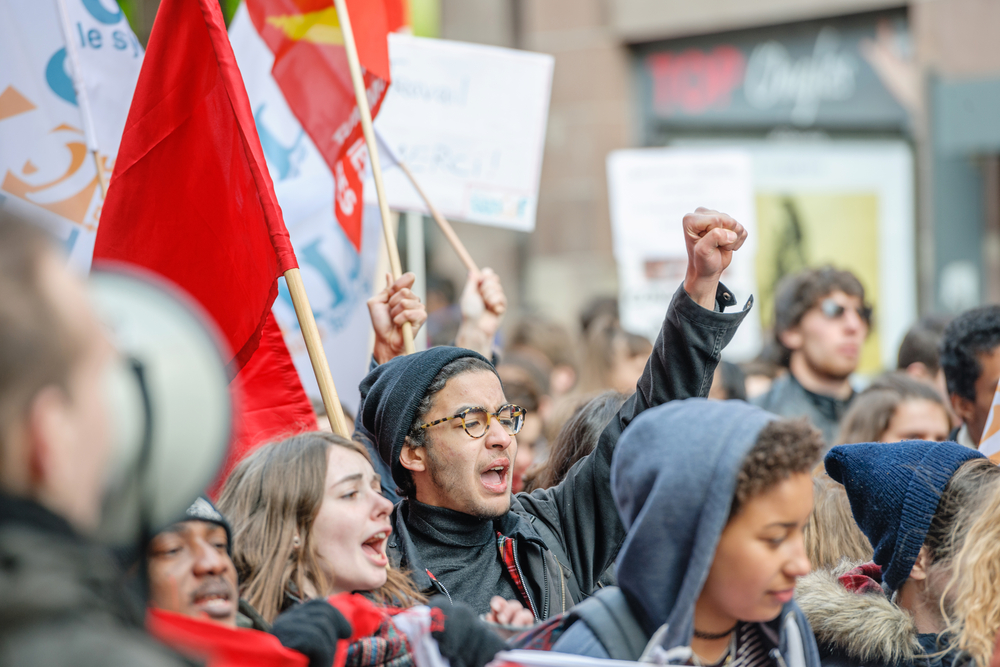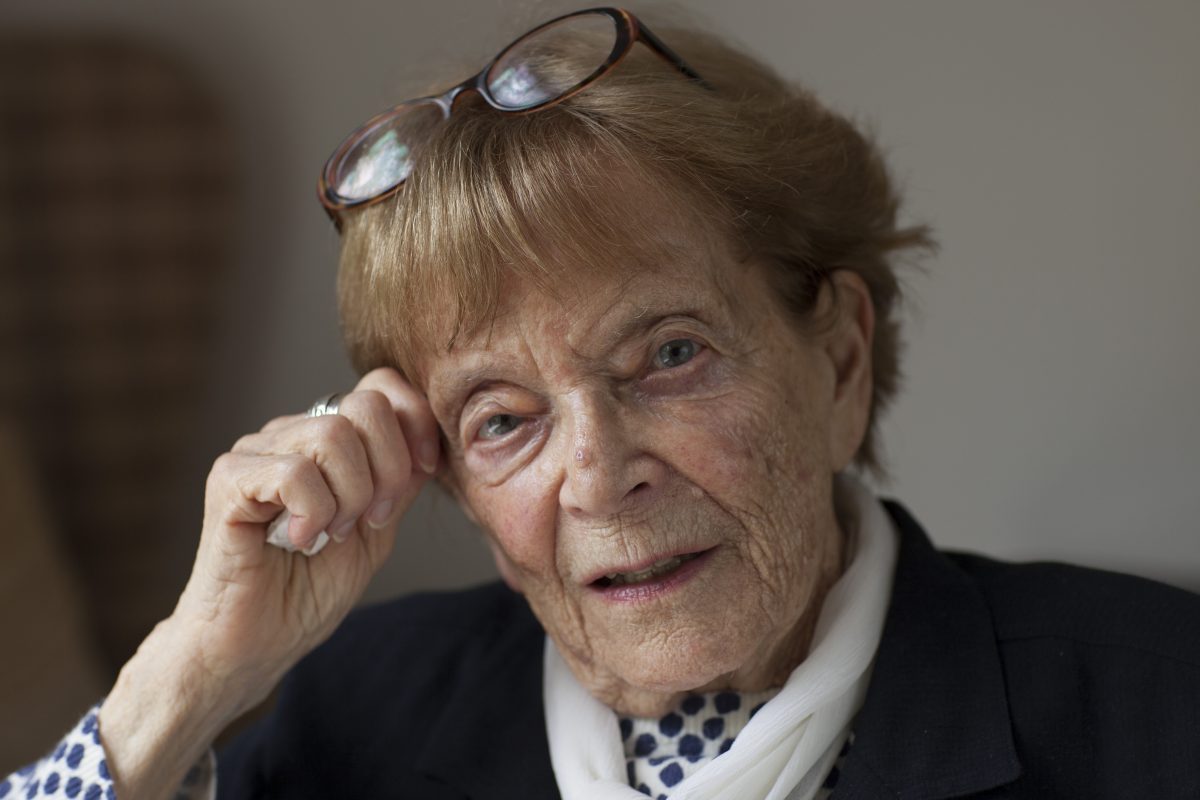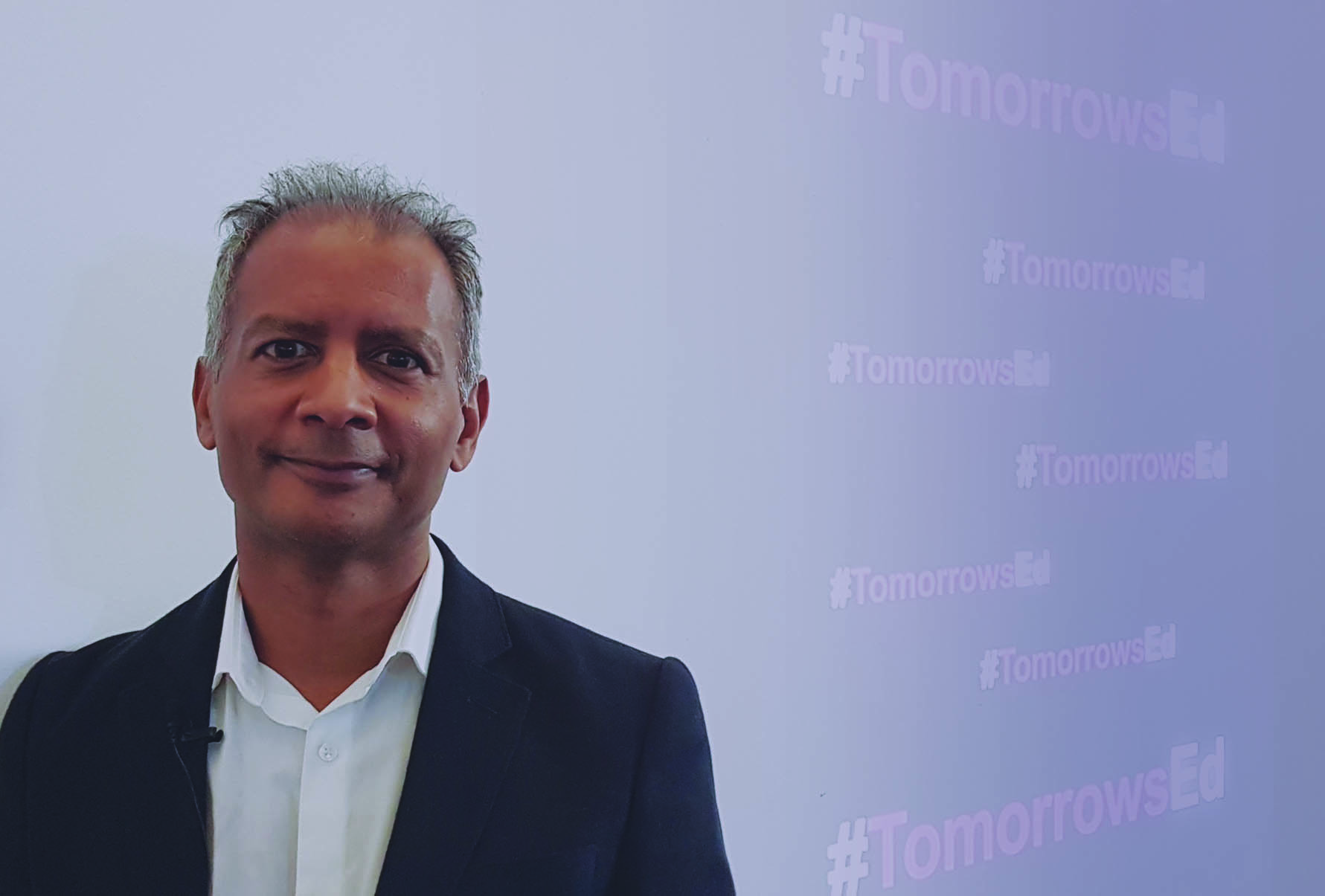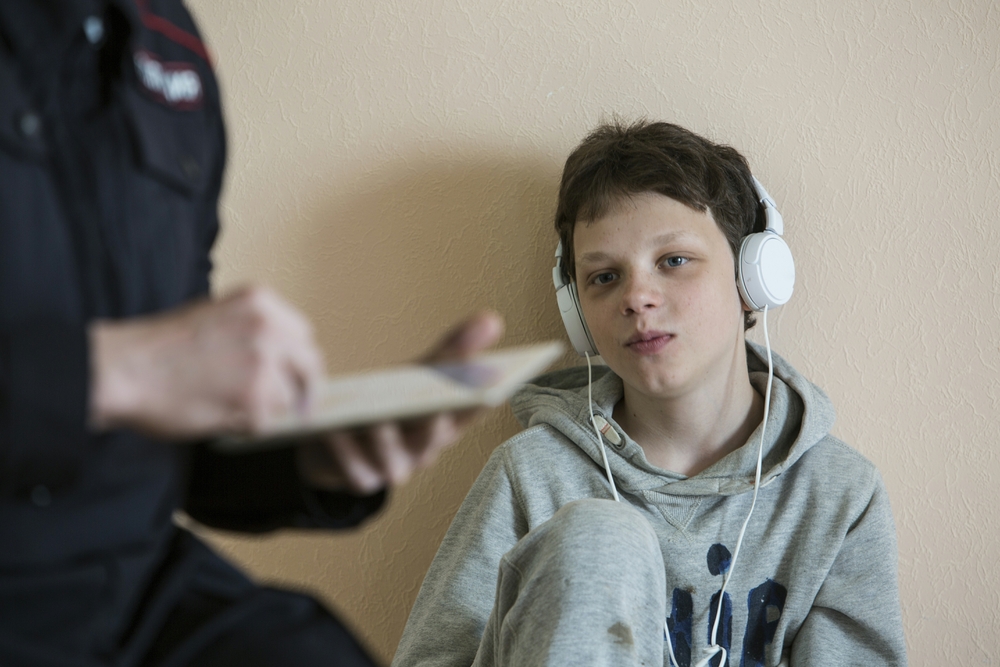OU News
News from The Open University

Lady Gaga’s Twitter blunder and why speculating about suicide after a celebrity death is problematic
Lady Gaga’s apology “if I spoke too soon” about the tragic passing of Rick Genest – a Canadian artist, actor, and fashion model, also known as Zombie Boy – highlights how difficult it can be to talk about sudden and unexpected deaths. The superstar who has 76m Twitter followers, retracted tweets that referred to Genest’s […]

We live in a populist age – but who are ‘the people’?
Populism is seemingly sweeping the globe, threatening the established status quo. Optimistically, it promises to bring about much needed change to what appears to be a corrupt political and economic order. More ominously, it is dangerously promoting racism, sexism, xenophobia, jingoism, and attacking basic human rights around the world. It is therefore important not to […]
Read more about We live in a populist age – but who are ‘the people’?

The remarkable story of Auschwitz survivor and OU graduate Evelyn Lipmann
The lives of hundreds of thousands of people have been transformed by their study at The Open University, but few can have valued it more than Evelyn Lipmann. Evelyn, now 94, enrolled for a Humanities degree in the early 1970s to help put behind her the horror of the Nazi concentration camps. Decades later, she […]
Read more about The remarkable story of Auschwitz survivor and OU graduate Evelyn Lipmann

Back to the future: looking back at predictions on regional development
In 2009, in celebration of the Open University’s 40th Anniversary, we asked academics from around the University to predict what the future would look like in their areas of study. Now, as we approach the OU’s 50 Anniversary, we asked the same academics to revisit their predictions, reflect on their accuracy, and reset them for […]
Read more about Back to the future: looking back at predictions on regional development

Back to the future: what we said about education and Astronomy
In 2009, in celebration of the Open University’s 40th Anniversary, we asked academics from around the University to predict what the future would look like in their areas of study. Now, as we approach the OU’s 50th Anniversary, we asked the same academics to revisit their predictions, reflect on their accuracy, and reset them for […]
Read more about Back to the future: what we said about education and Astronomy

Back to the future: revisiting our education predictions
In 2009, in celebration of the Open University’s 40th Anniversary, we spoke to academics across the University to predict what the future would look like in their areas of study. Now, as we approach the OU’s 50th Anniversary, we asked the same academics to revisit their predictions, reflect on their accuracy, and reset them for the […]
Read more about Back to the future: revisiting our education predictions

John Domingue – The Future of Education
Professor John Domingue, Director of the OU’s Knowledge Media Institute, discusses developments in technology which he sees impacting on education in the long and short term as part of our ‘future of education’ campaign. He also talks about what the OU is doing in terms of its research into new technology, as well as some exciting […]

OU’s research offers new-generation online police training
Technology is being used more and more for training purposes in all walks of working life, to reach a younger more tech-familiar audience. The Open University’s award-winning Child Witness Interview Simulator, a game-based online learning programme helping to train next-generation police officers, is among such innovations. Developed by the OU’s Centre for Policing, Research and […]
Read more about OU’s research offers new-generation online police training

Fake news and the need for ‘social’ digital literacy
The phrase ‘fake news’ has been popularised in recent years as a result of changes in the political landscape, both in the UK and the USA. Lecturer in English Language and Applied Linguistics, Caroline Tagg, and Senior Lecturer in English Language and Applied Linguistics, Philip Seargeant, reflect on the conclusions of the recently published interim report […]
Read more about Fake news and the need for ‘social’ digital literacy

We know there is water on Mars – what next?
The age old question of whether Mars has ever supported life is the focus of the latest research from scientists at The Open University (OU). With over half a million pounds of funding from the UK Space Agency, they will be exploring the chemistry of the martian environment to determine if life has ever existed, […]
Page 165 of 242